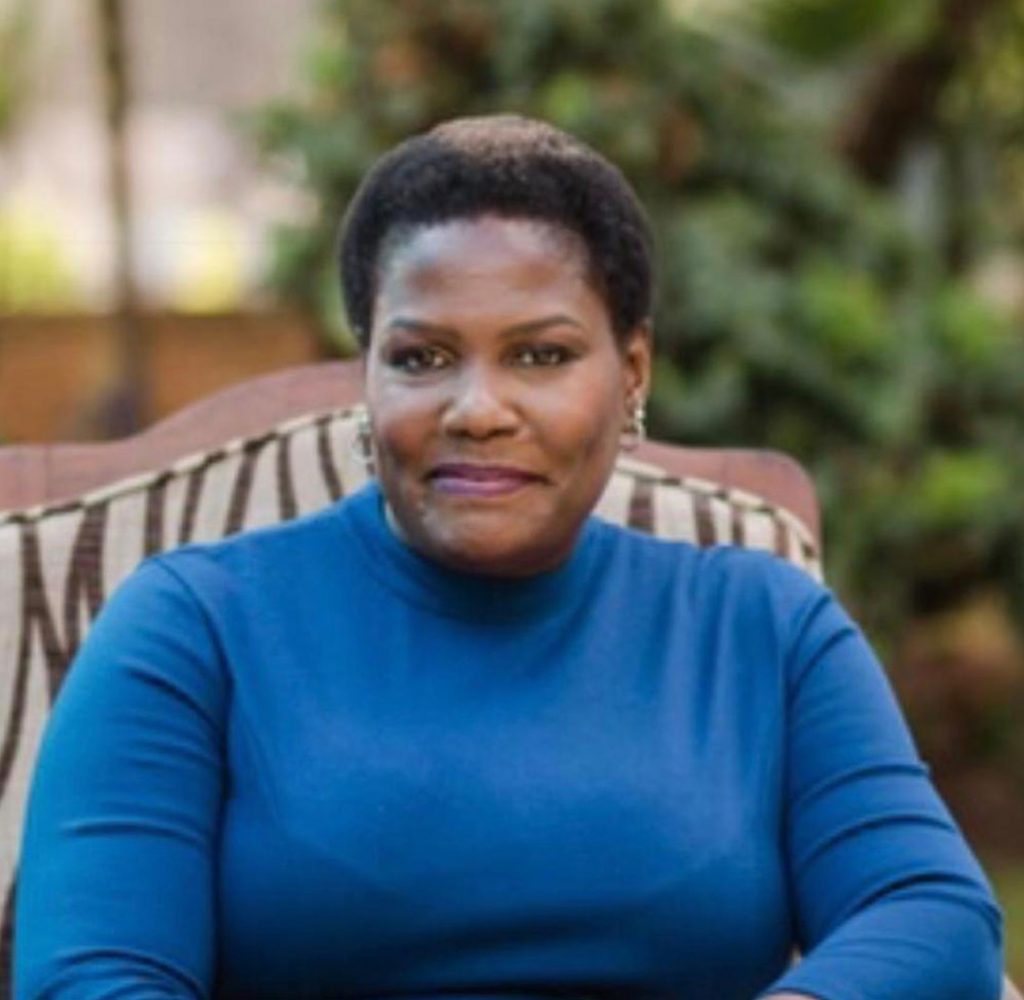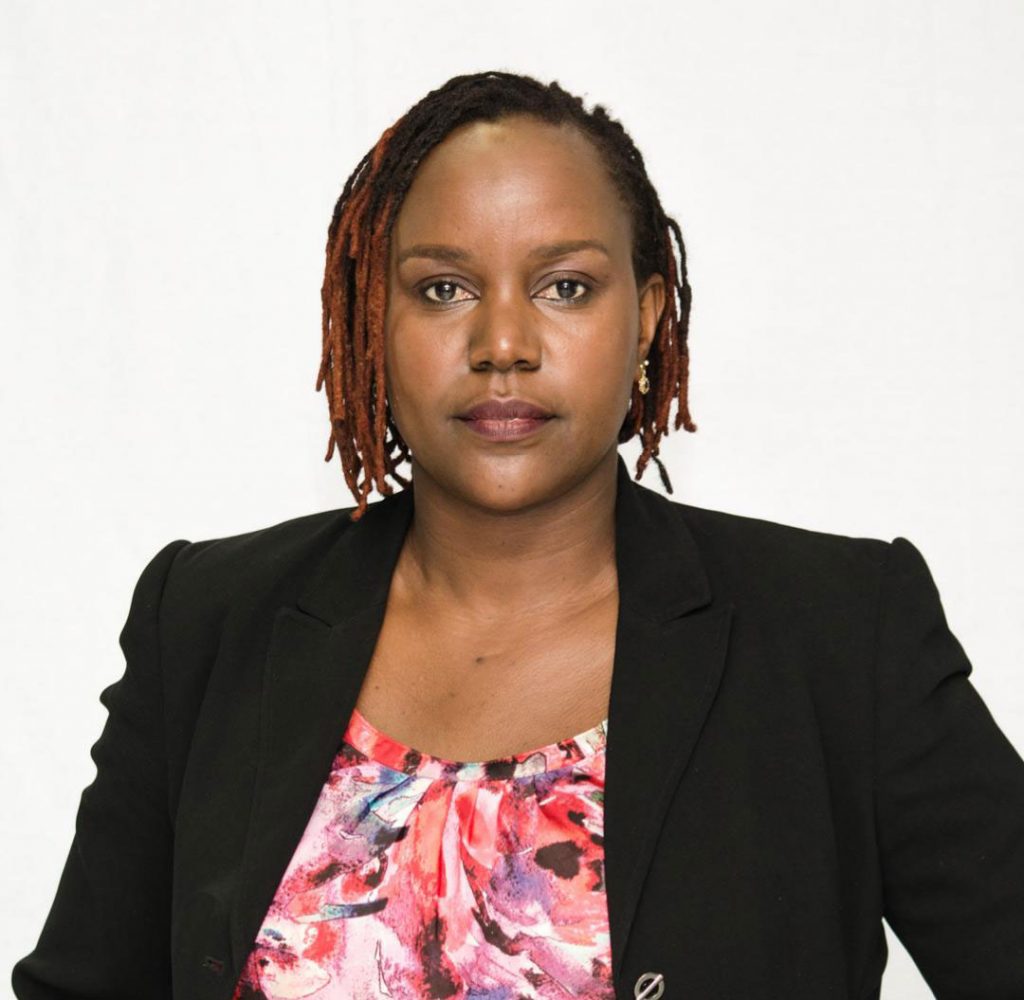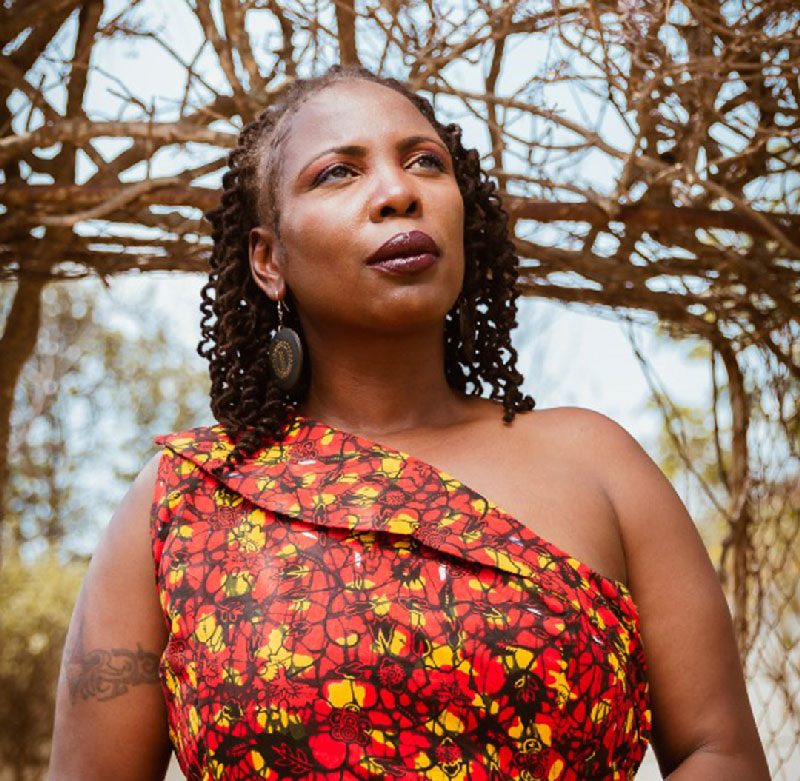16 Days Campaign 2021
Stories from Zimbabwean Women

Naome Chimbetete
Commissioner - Gender Commission of ZImbabwe
My name is Naome Chimbetete, I am a commissioner with the Gender Commission of Zimbabwe. I am very passionate about women’s rights issues. Very early in my life I realized that there were a myriad of challenges and expectations that I battled with as a woman, challenges that threatened the realization of my dreams and ambitions – this was not peculiar to me…but was a sad reality for all women. Stereotypes and some of the religious practices are oppressive to women. Women are invisible members of the society, they are absent in decision making spaces, they are most affected by poor public service delivery and are most people faced with sexual harassment both in public and private spaces. I just felt and still feel that I need to play my part to make women’s lives happier.
GBV is a pandemic. In the workspaces the most common one is sexual harassment – a private type of violence making it difficult to talk about. Women usually find it difficult to discuss harassment because it may have negative ripple effect and it can cause further violence even loss of employment. At the commission, we have realized that a lot of women do not complain about sexual harassment while they are still in employment for fear of job loss. A lot of complaints are made by those who will have already left the job or most want to remain anonymous making it difficult to prosecute perpetrators. As a result, most sexual harassment cases are never dealt with conclusively.
The absence of legislation that governs sexual harassment issues is a major drawback in supporting employees and to that effect, the Gender Commission of Zimbabwe is lobbying the Ministry of Women’s Affairs, Community, Medium and Small enterprises to push for the sexual harassment act.
It would be unfair to just focus on the challenge of GBV and patriarchy without taking stock of the gains that have been realized from organizing and mobilizing women for their emancipation. For me it is a very big stride the way we have seen an increase in women representation in decision making bodies. We first saw this in 2005/6 however the most recent elections did not yield as much as we would have hoped for. As the gender commission we then researched into it and found that women were lacking capacity to stand for office and as of this month we have done a lot of capacity building in partnership with WCOZ and UNWOMEN to build women politician’s capacity regardless of political affiliation.
A lot has been done to push against sexual harassment through campaigns such as the mini skirt campaign. This campaign saw the criminalization of public humiliation of women in public spaces and now women are free from dehumanizing acts such as being undressed in public by touts.
We have also realized gains even in ownership of property, through various advocacy actions, women are now able to own land (both in urban and rural land).
All these gains have been realized through movement building of feminist women and men. Organizing is at different levels, pretty much the same way the way chimurenga war was organized – a lot of underground work in creating information and education at micro levels and amplifying those voices at policy level.
I believe that everyone has a role to play. As an independent commission, the Gender Commission of Zimbabwe is mandated to do everything that’s possible to bring gender equality through monitoring, investigating and educating communities. I embody this mandate and practice it in my own spaces that I can influence.



